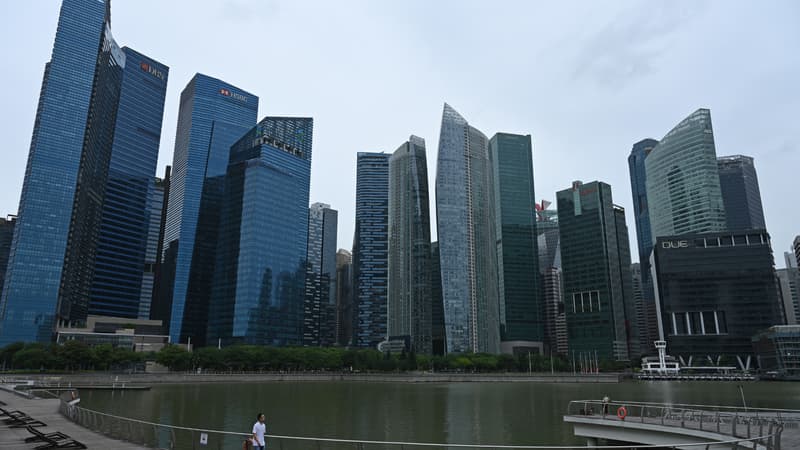Singapore faces a “serious” cyber attack aimed at their critical infrastructure, which experts in the sector are linked to China, said the minister in charge of national security in the country on Friday.
This attack, which testifies to an advanced computer trick called Advanced Persist threat (APT, Advanced persistent threat in French), represents a serious danger to Singapore and could compromise national security, K. Shanmugam revealed during a speech.
“I can say that the attack is serious and is underway. The UNC3886 group has been granted,” Shanmugam said, also Minister of the Interior.
A cybernetic group linked to China
Mr. Shanmugam did not provide any details about the sponsors of this group, but UNC3886 was identified by Mandiant, a cybersecurity company held by Google, as a cyber group linked to China, involved in attacks on global scale.
“While I speak to him, UNC3886 is attacking our critical infrastructure,” he said, added that the Singapore cybersecurity agency and the competent authorities are working to administer the situation.
The APT is a very sophisticated type of piracy that, with significant resources, generally aims to steal confidential information and interrupt essential services such as health, telecommunications, water, transport and electricity, explained to the minister.
Economic consequences
“If the attack was successful, it could allow spy operations and cause serious interruptions for Singapore and its population,” he warned. A successful intrusion in the Singapore electricity supply system, for example, could interrupt the distribution of energy and have cascade effects on essential services such as health and transport.
“There are also economic consequences. Our banks, airports and industries could stop working. Our economy could be strongly affected,” he added.
The minister said that between 2021 and 2024, the alleged APT attacks against Singapore had been multiplied by more than four. A cyber attack against a public health company in 2018 had allowed access to medical records of around 160,000 patients, including that of former Prime Minister Lee Hsien Loong.
The attack on the critical infrastructure of Singapore “highlights the extraordinary challenges raised by the APT,” said Satnam Narag, a research engineer of the American Tenable Cybersecury Company.
“Fighting such stealthy adversaries is becoming increasingly difficult, since the extension and complexity of computer infrastructure that organizations and nations must defend continue to grow,” he said.
Source: BFM TV


